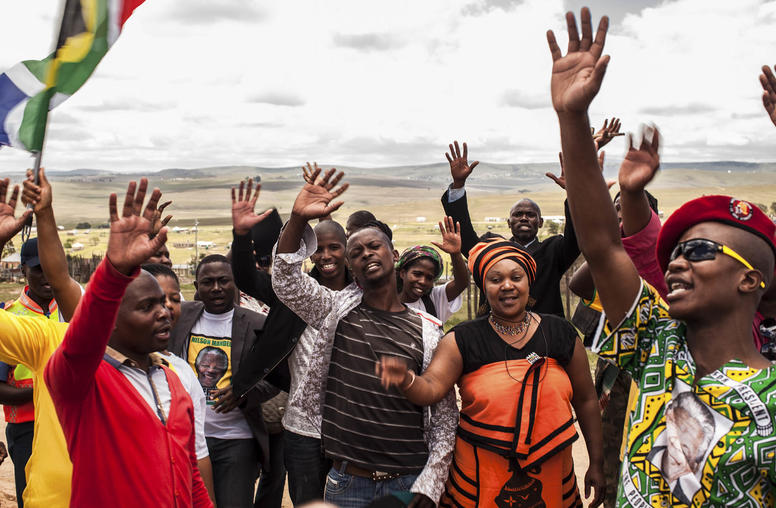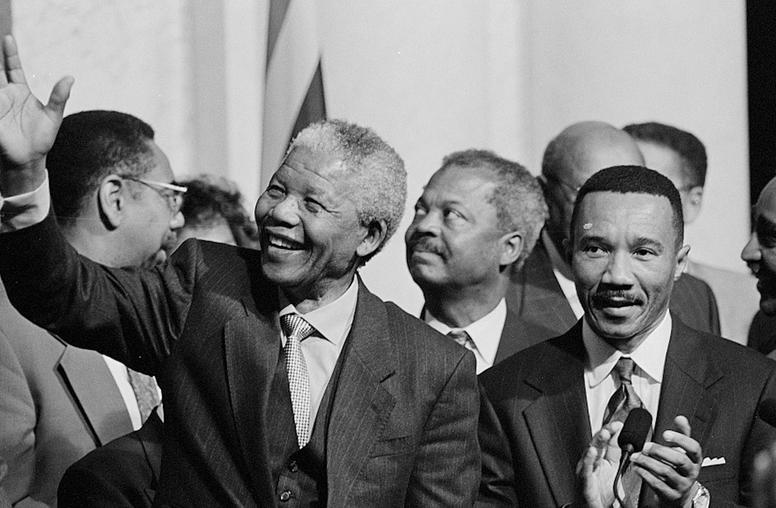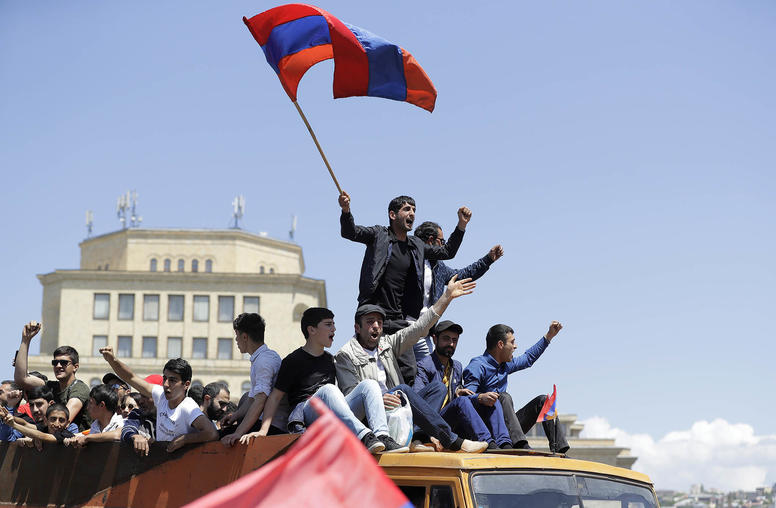Nonviolent Action and Minority Inclusion
Part Four in a Series on People Power, Peace, and Democracy
Read the Event CoverageMass movements employing nonviolent action have a demonstrated track record of improving democracy. But how deep and meaningful are these changes? Does nonviolent action merely change political institutions, or can it also address deeper drivers of social and political conflict, particularly for the most marginalized?
To better understand the intersection of nonviolent action and peace processes, USIP hosted the final event in our series on people power, peace and democracy. The event series highlighted multiple groundbreaking research projects and featured insights from activists, international practitioners and policymakers that provided viewers with actionable takeaways.
This USIP event featured lessons learned from cutting-edge research showing how nonviolent action affects political and economic inequality — particularly for historically excluded social and ethnic groups — using a cross-national statistical study and in-depth case studies from recent political transitions in Nepal and Indonesia. The research also specifically examines how movements can employ dialogue, negotiation and mediation to better ensure that political transitions following nonviolent action campaigns lead to greater inclusion for marginalized groups. This event explored the important implications for both policy and practice in ensuring more inclusive democratization processes in the aftermath of nonviolent action.
Learn more about the first, second and third events in the series. Continue the conversation on Twitter with #PeoplePower4Peace.
Speakers
Jonathan Pinckney, moderator
Senior Researcher, Nonviolent Action, U.S. Institute of Peace
Mohna Ansari
Member, National Human Rights Commission of Nepal
Subindra Bogati
Founder and Chief Executive, Nepal Peacebuilding Initiative
Titik Firawati
Ph.D. Candidate in Political Science, Northern Illinois University
Rosa Emilia Salamanca
Director, Institute for Social and Economic Research and Action
Deepak Thapa
Director, Social Science Baha
Ches Thurber
Assistant Professor, Northern Illinois University



